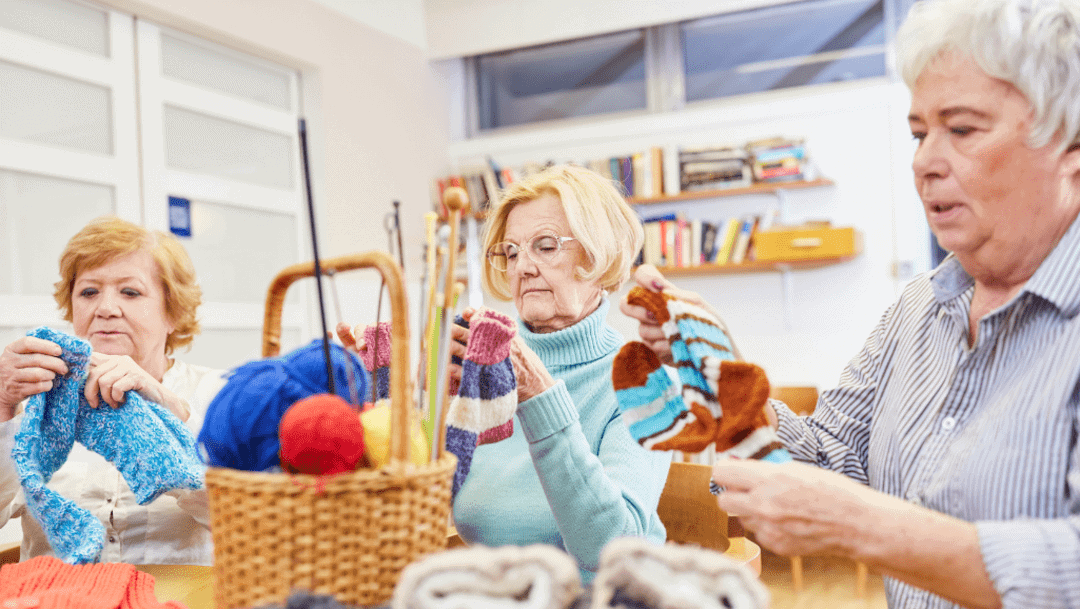“I can’t resist sharing this short narrative; it encapsulates much about our world. It’s amusing yet thought-provoking.
A close friend, seeking companionship and relaxation from the stress of the working world, joined a knitting group—a small gathering of middle-class white women. The expectation was that they would share tips about types of yarn and ways to knit well.
However, the first session dissolved into tension because one of the members, who wore a mask, objected to others not joining her in wearing one too, even though mask mandates had long been lifted. She spent time voicing many complaints about the morality and impact of this fact.
Nevertheless, my friend thought that all would be well.
In the next session, another member voiced a clear objection to a fellow member including a very common pattern in the sweater she was knitting because it originally came from a particular First Nations group on the West Coast of Canada. This member stated that this was a ‘clear misappropriation of indigenous culture.’ The sweater was not intended for sale.
Consequently, my friend decided that to be in this group, she would have to be guarded and very careful about what she said and shared—just like she does at work. So why go at all?
As a therapist, I’ve observed something I see so often, in all of us but especially in my distressed clients. In our efforts to address problems or hurts in our world, we adopt positions and actions that are all about self-protection or promotion. Unfortunately, they simply add to disconnection from others and an obsession with threat and righteousness. Safe connection—the key way to collaborative and effective problem-solving—is lost.
At least that is what my intellect, my prefrontal cortex, said.
My emotional brain shrieked, ‘This was just about how to knit a silly sweater! We are so lost.’
Social connection—our main and often only way to stay sane and survive—is now mostly about judgment, who gets to judge, and who is wrong. Those who do not want to get caught in this drama simply withdraw and hide out. Open conversation is over. Every topic is flammable material.
It seems to me that THIS is more toxic than any pandemic or environmental catastrophe.
I never did like knitting anyway.”

